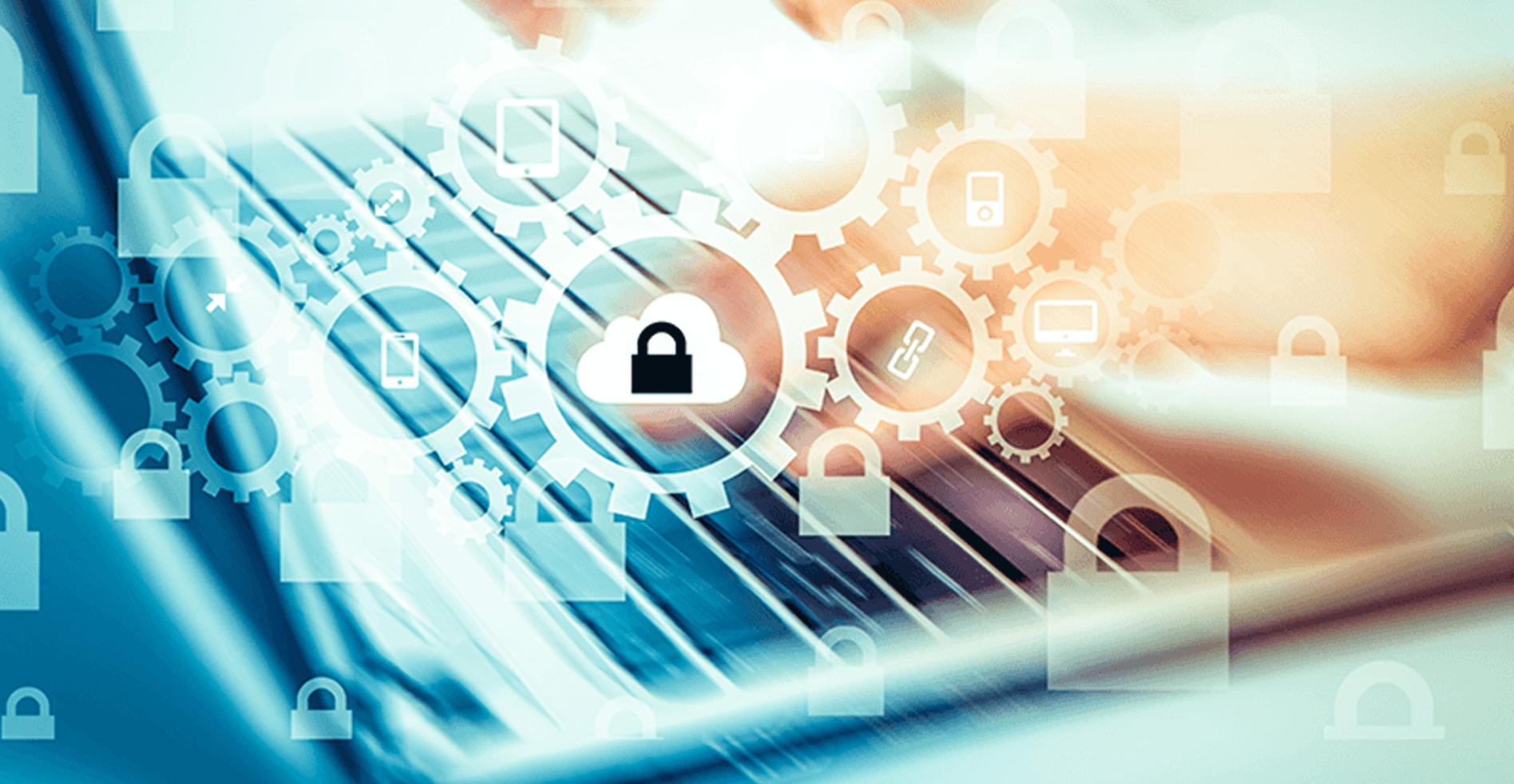How to Choose the Best Antivirus Software
Simplify your search for an antivirus software with this guide.
read morePublished on: January 11th, 2018

According to the FBI cybercrime division, there are over 4,000 ransomware attacks reported every day- a steady increase of over 300% since 2015. With more individuals than ever before falling victim to data breaches, account hacking, and other evolving forms of fraud, industry leaders in the technology and cybersecurity communities are determined to combat these ongoing attacks by any means possible. To show our support and raise awareness for Data Privacy Day on January 28th, we’re encouraging internet users to follow some proactive measures to defend their devices and data from thieves or fraudsters.

Did you know that moving unwanted files to your trash folder or recycle bin doesn’t mean they are truly deleted? Even when you empty the folder, the deleted data is still recoverable by technology specialists and hackers. Securely deleting old and unused programs, files, and data will help you to prevent identity theft, ensure sensitive data is unrecoverable, limit online tracking, and free up storage space on your device. Secure deletion methods vary based on operating system. However, the only tried and true way to permanently delete your personal files is by installing endpoint security software on your computer.
After purchasing a new computer, it’s recommended to create a backup disk. In the case that your hard drive gets damaged or infected by a serious virus that corrupts the boot up files, it may not be possible to access or restore data. Computer manufacturers provide downloadable backup software that contains the operating system and drivers required to restore a computer to factory settings. Based on your operating system, you can consult these articles: PC repair disk information, OS X recovery disk information.
Instead of clicking “remind me tomorrow,” set aside a minute to set up automatic updates. Automatic updates can be scheduled to install and reboot your device while it’s not being used. This way, you won’t be annoyed by the alerts and device-critical software will always be up-to-date– especially your security programs.
Computers, tablets, and smartphones have made accessing online accounts and data easier than ever before. However, the convenience comes with risk, especially if you’re using a public network. Whenever you’re setting up a new device, planning to access a personal account, or transferring sensitive data over the internet, it’s essential that you connect to a trusted network protected by a private password in order to guarantee an encrypted and highly secure connection. If you’re in a pinch, you can consider accessing a Virtual Private Network (VPN) to encrypt your connection. Learn more about layered defense strategies for your home by checking out this article containing 6 simple steps for protecting your WiFi network.
How important is it to update your passwords? Extremely. Your passwords are often the first and last layer of defense for devices, accounts, and networks alike. Changing your passwords does improve security and is often performed quarterly as a standard practice among industry professionals. From corporate admin software to personal and financial accounts, changing passwords reduces the likelihood of a password breach or account hack, and therefore is highly recommended.
Remember, this is also a great opportunity to check each account for unauthorized activity or fraudulent charges. As a result of account hacking or identity theft, it’s possible that your personal information could be being used on the dark web. Therefore, along with updating your passwords, you should also check your credit report for unauthorized activity and dispute credit report errors immediately.
As we become increasingly dependent on our laptops and computers to complete both personal and work-related tasks, data privacy and cybersecurity has become critical. To keep your identity safe online and protect your sensitive data, users must keep software up-to-date, conduct regular data backups, install anti-virus software, and encrypt sensitive information.
Maintaining a secure system and network may seem quite daunting; however, there are computer troubleshooting and maintenance services, like Computer Troubleshooters, to help. Whether you’re in need of security services for your home or your business, Computer Troubleshooters can protect your data and keep your systems running smoothly.
To learn more about data privacy and how to proactively defend your data, read “Cyber Security Tips You Need to Remember,” “5 Signs You Have a Computer Virus,” and “Why You Should Backup Your Computer Right Now.”
Simplify your search for an antivirus software with this guide.
read moreHave you received this notorious Windows error screen? Here’s how to fix it.
read more© 2025 Computer Troubleshooters.